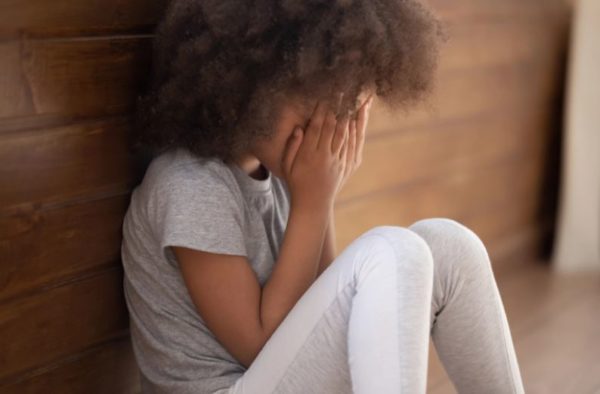
Free of worries and full of innocence, childhood is often said to be the ‘golden’ period of life. Unfortunately, for many of us this maxim does not hold to be true.
Ideally, children are supposed to experience a sense of security and love that gives them a framework of stability. This provides the foundation for their interactions with the world even when they enter adulthood.
However, when a child goes through emotional, physical, or sexual abuse, which results in trauma, this sense of security and self-worth are destroyed.
And when this child grows into an adult, he/she may still carry this emotional distress into adulthood which would have a severe affect of many aspects of his/her life.
How does childhood trauma affect the experiences of adulthood?
The process of identity formation is disrupted by childhood trauma as the early trauma shifts the course of brain development. This happens because an environment characterized by fear and neglect, for example, causes different adaptations of brain circuitry than one of safety, security, and love.
Even for those with a secure childhood, positive identity development is a challenging task. For those who have undergone childhood traumas the adult consequences may manifest as substance abuse, eating disorders, depression, higher risk of health problems, and behavioral issues.
The person might feel a loss of childhood and might feel there are parts missing in him/her, and may even neglect oneself while experiencing a sense of emotional numbing. Besides this, childhood trauma makes a huge impact on our adult relationships.
Attachment theories and adult relationships
Forming attachments or relating to others can be a task for a person who has experienced trauma as a child.
For instance, when children grow up in a secure and a supportive environment, they are more likely to have an optimistic outlook on life and are able to be more open with another person.
If a child doesn’t experience secure attachments as a child, there are several other types of attachment an adult may form which include:
1. Dismissive-avoidant attachment
In adulthood, a person may overly emphasize independence and distance oneself from people in fears of being rejected when the caregivers rejected or were unresponsive in his/her childhood.
2. Fearful-avoidant attachment
In adulthood, the person may have a fear of intimacy and might have difficulty in trusting others or sharing their emotions if as a child they experienced persistent neglect or abuse.
3. Anxious-preoccupied attachment
In adulthood, a person may appear to be “clingy” or “needy” or paranoid about even the minor changes in the equation of the relationship if the caretakers lacked consistency and fluctuated between being responsive to his/her needs and dismissive or neglectful of them.
Adults who once experienced childhood trauma are also said to be attracted to destructive relationships whether it be a romantic liaison, at work or a friendship.
Through transference, they find people who fit their traumatic identities which results in the formation of a circle where re-traumatization reoccurs despite the attempts of the person to make better and different choices.
They might consciously want to find the people they know that they want but unconscious influences may result them to be around narcissistic or emotionally unavailable people.
However, undergoing psychotherapies may show a positive affect on such adults. It will help in acceptance and letting go of the trauma which will enable the adult to form and initiate healthy relationships.




